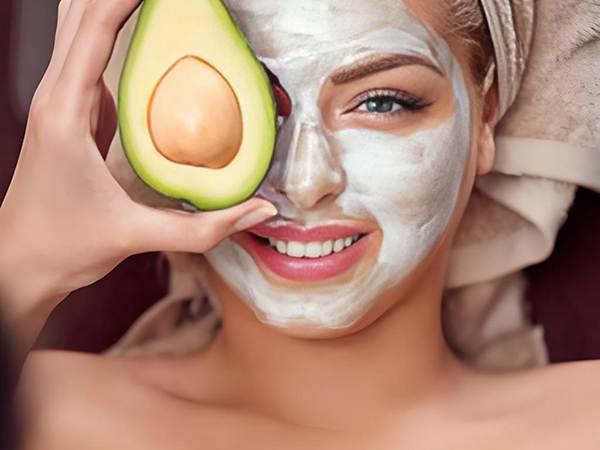The efficacy and function of beauty peptides
Repair barrier: Small molecule peptides can quickly penetrate into the dermis layer, promote epidermal cell regeneration, and repair micro injuries caused by photodamage or medical aesthetics. Clinical studies have shown that it can accelerate wound healing.
Beauty peptides, as small molecule active ingredients, mainly exert their effects in the field of skincare through the following mechanisms:
Anti aging and firming: By stimulating the synthesis of collagen and elastin (such as palmitoyl tripeptide-1, pentapeptide-3 and other signaling peptides), it enhances skin support, improves sagging and wrinkles. For example, Heyi PQQ sturgeon caviar collagen tripeptide achieves contour support through a layered anti-aging system.
Repair barrier: Small molecule peptides can quickly penetrate into the dermis layer, promote epidermal cell regeneration, and repair micro injuries caused by photodamage or medical aesthetics. Clinical studies have shown that it can accelerate wound healing.
Moisturizing and Water Locking: Forming a film on the surface of the skin, combined with ingredients such as hyaluronic acid to enhance water holding capacity and improve dry and fine lines

Classification of mechanisms of action
According to the molecular characteristics of beauty peptides, their effects can be divided into three categories:
Signal peptides (such as palmitoyl pentapeptide-3): activate fibroblasts and promote collagen synthesis
Neurotransmitter suppressants (such as acetyl hexapeptide-3): similar to botulinum toxin, reduce dynamic wrinkles
Carrying peptides (such as copper peptides): carrying trace elements to promote tissue repair


